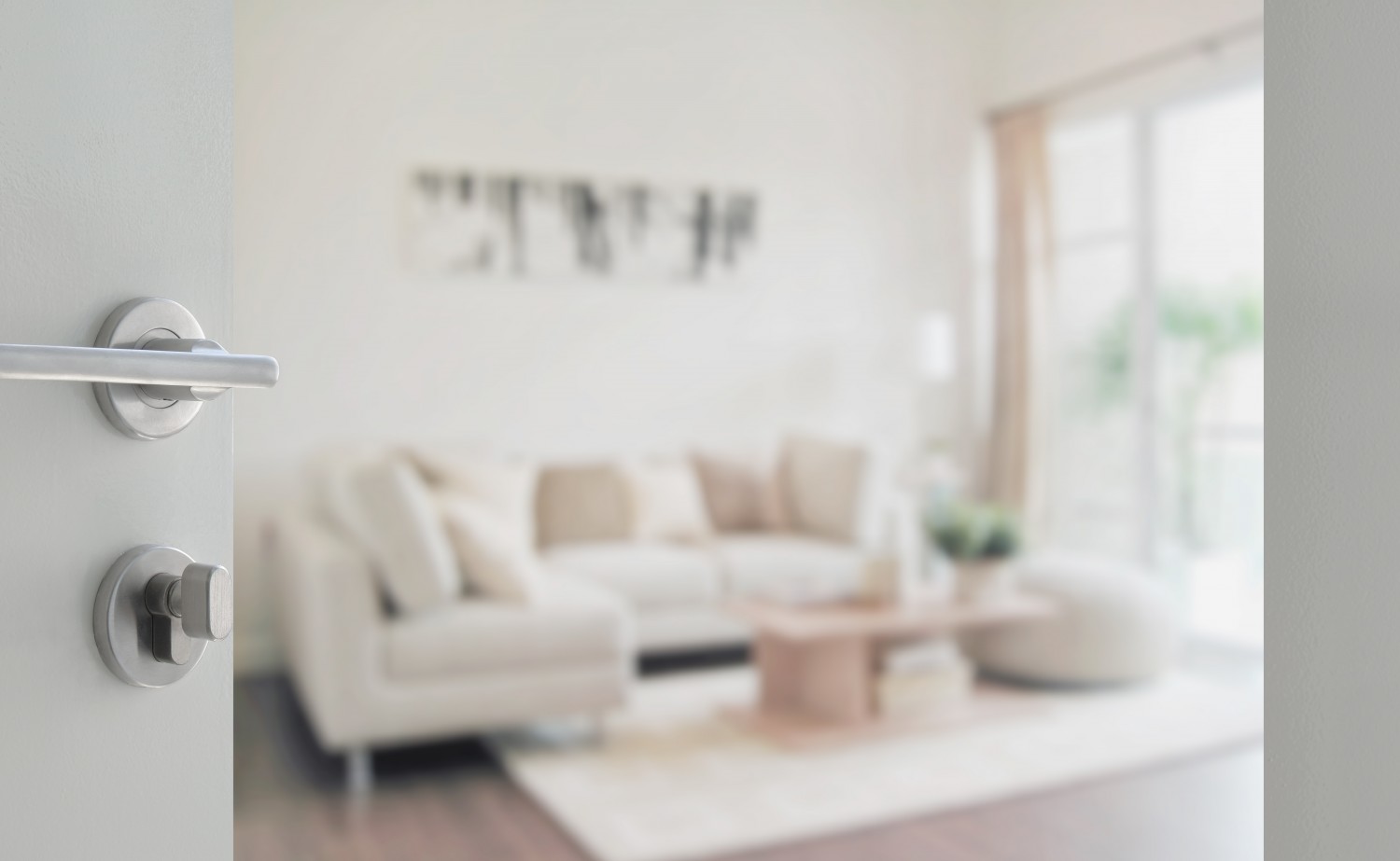Below is an article that shares 3 privacy rights you have when you are leasing a home. Read below and know your rights..

Apartments aren’t the most private or secluded living situation imaginable. After all, renters in multi-family properties are typically grouped together with at least a few other units on each floor. Residing in a rental can make you feel a bit bombarded at times, especially since you don’t own the place and your landlord has the right to enter under certain circumstances.
However, tenants maintain certain rights too, given the fact they’re paying dues to temporarily rent their units to call them home. If you’re renting, keep the following three privacy rights in mind to protect your freedom from disturbance during your lease.

Landlord’s have a right to enter in an emergency
If there is an emergency in your apartment, such as a pipe burst or a flood, your landlord has the right to enter your apartment immediately and without notice. This typically holds true in all states regardless of fluctuating tenant law. Keep in mind, the emergency right to enter protects your belongings and most of all, your well being and potentially the well being of the neighbors. Therefore, any notification or request for access is not necessary when presumed danger to tenants or the property is involved.

The right to enter typically requires notice
In California, and in most states, landlords must give some sort of notice if they wish to access apartments for repairs or showings. If landlords must access your unit to perform repairs when you’re not home, you can request a different date or time that is preferable to your schedule. Nevertheless, landlords must give 24-hours notice before they wish to access your apartment.
In terms of apartment showings, landlords typically outline a time frame in which showings will begin to take place before lease end. Advertising units far before they are vacated wouldn’t be beneficial since searching tenants are looking for units within about a month and the rental market moves quickly, so property managers often outline the showing period as 30-days prior to lease end. As with repairs, showings require notice – typically 24-hours – which can be modified to fit both parties’ schedules. Hopefully, the tenant-manager relationship is positive so that the two can work together in an amicable fashion and uphold the terms of the lease without question.

Tenants do not have to waive privacy in order to sign a lease
If you are attempting to sign a lease and your future landlord wants you to waive your privacy rights, whether it be to forgo your right to timely and noninvasive repairs or ample notice of apartment showings, you should move on in your apartment search. Chances are, the landlord in question lacks moral and ethical guidelines that will transfer to other aspects of your housing situation if chosen. In time, you’ll likely regret the decision to let go of your rights, as taking your landlord to court for entering your apartment without permission is a timely and costly process.
Just because you don’t own your home doesn’t mean you don’t hold a right to privacy. Researching your state and local landlord laws is an important aspect of being an informed leaseholder. Before you sign your next apartment, read the fine print and don’t be duped by a slumlord attempting to take advantage of your privileges as a paying tenant.
http://hotpads.com/blog/3-privacy-rights-leaseholders-should-know-about/
